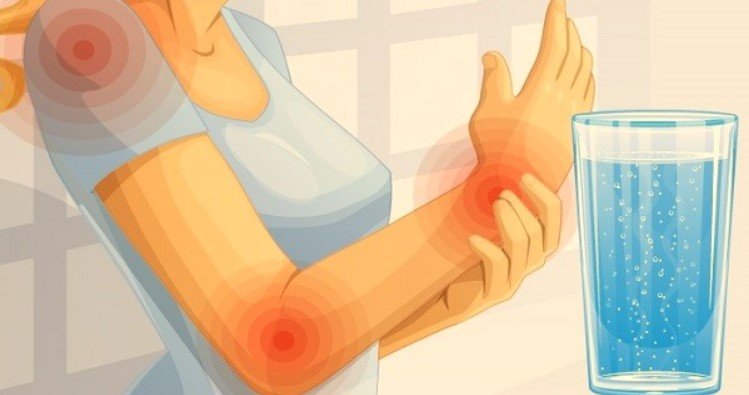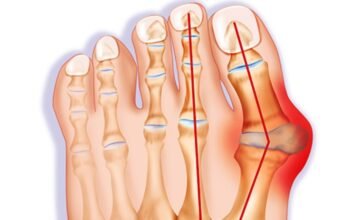Dehydration is a common yet serious condition that can affect anyone, regardless of age or fitness level. Understanding its symptoms, causes, and prevention is crucial for maintaining optimal health and well-being.
What is Dehydration?
Dehydration occurs when your body loses more fluids than it takes in, disrupting the delicate balance of water and electrolytes necessary for proper bodily functions. This can happen due to various reasons, including excessive sweating, insufficient fluid intake, illness, or intense physical activity.
The human body is approximately 60% water, and even a small deficit can trigger a cascade of physiological changes. When fluid levels drop, your body begins to compensate through various mechanisms, signaling that it’s time to replenish lost water.
Common Symptoms of Dehydration
Early Warning Signs
- Thirst: The most immediate and recognizable sign of dehydration
- Dry mouth and lips: Reduced saliva production indicates fluid loss
- Decreased urination: Less frequent bathroom trips suggest your body is conserving water
Physical Manifestations
As dehydration progresses, more noticeable symptoms emerge:
- Headaches caused by reduced blood volume and brain fluid
- Fatigue and decreased cognitive performance
- Dizziness and lightheadedness
- Dark-colored urine, indicating concentrated waste products
Urine Color as a Hydration Indicator
Your urine can provide critical insights into your hydration status. Pale yellow urine suggests adequate hydration, while dark amber or brownish urine signals potential dehydration. Monitoring urine color is an easy and effective way to track your body’s fluid balance.
Risks and Complications
Prolonged or severe dehydration can lead to serious health complications, including:
- Kidney stones
- Urinary tract infections
- Heat exhaustion
- Electrolyte imbalances
- Reduced cognitive function
Prevention Strategies
Daily Hydration Tips
- Drink at least 8 glasses (64 ounces) of water daily
- Increase fluid intake during hot weather or physical activity
- Consume water-rich foods like fruits and vegetables
- Use electrolyte drinks during intense exercise
Special Considerations
Certain groups require extra attention to hydration:
- Athletes and outdoor workers
- Children and elderly individuals
- People with chronic medical conditions
- Individuals taking medications that increase fluid loss
Treatment Approaches
Mild Dehydration
For mild cases, treatment is straightforward:
- Drink water slowly and consistently
- Consume electrolyte-rich beverages
- Rest in a cool environment
Severe Dehydration
Severe cases require immediate medical intervention, potentially including:
- Intravenous fluid replacement
- Hospitalization
- Monitoring of vital signs
Conclusion
Recognizing and addressing dehydration is essential for maintaining overall health. By understanding the symptoms, implementing prevention strategies, and responding promptly to warning signs, you can protect yourself from the potential risks associated with fluid imbalance.
Remember, staying hydrated is not just about drinking water—it’s about supporting your body’s complex physiological processes and maintaining optimal performance.






